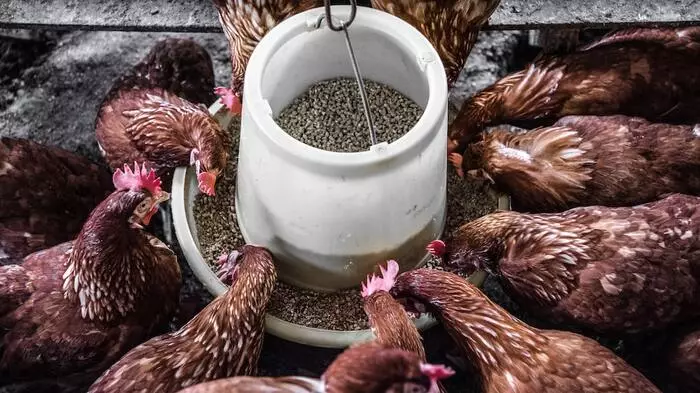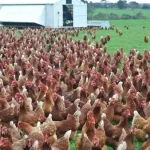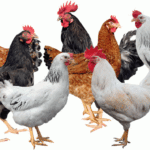A chicken vaccination schedule can vary depending on the specific needs of your flock and the prevalent diseases in your region. It's essential to consult with a local veterinarian or poultry specialist who can tailor a vaccination program to your specific circumstances. However, here is a general guideline for common vaccinations for backyard chickens:
- Day 1 (Hatch Day)
- Week 1-2 (Optional)
- Week 8-10
- Week 12-16
- Week 16-20
- Annual or As Needed
Day 1 (Hatch Day):
- Marek's Disease Vaccine (if needed): Marek's disease vaccination is typically administered by breeders or hatcheries before the chicks are shipped. If you raise your own chicks, consult with your supplier regarding Marek's vaccination.
Week 1-2 (Optional):
- Coccidiosis Vaccine (if needed): Some poultry keepers choose to vaccinate against coccidiosis, a common parasitic disease. This is typically administered in the drinking water.
Week 8-10:
- Newcastle Disease (ND) Vaccine: This is a highly contagious and deadly disease. ND vaccination is essential for all backyard flocks.
Week 12-16:
- Infectious Bronchitis (IB) Vaccine: IB can cause respiratory issues in chickens. Vaccination is recommended, especially if you've had issues with IB in your area.
Week 16-20:
- Avian Influenza (AI) Vaccine (if needed): Depending on your region and the risk of avian influenza outbreaks, your veterinarian may recommend AI vaccination.
Annual or As Needed:
- Booster Shots: Some vaccines, like Newcastle Disease, may require annual booster shots to maintain immunity. Consult with your veterinarian for specific booster recommendations.
It's crucial to note that not all backyard flocks require every vaccine listed above. The specific vaccines you need will depend on factors like your location, the prevalence of diseases in your area, the size of your flock, and whether you are raising chickens for meat or eggs.
Additionally, biosecurity measures, such as proper sanitation, quarantine procedures, and predator control, play a significant role in keeping your flock healthy. Regular monitoring of your chickens for signs of illness is also essential.
Always consult with a veterinarian or poultry expert who is familiar with the conditions in your area to develop a vaccination schedule tailored to your specific needs.


